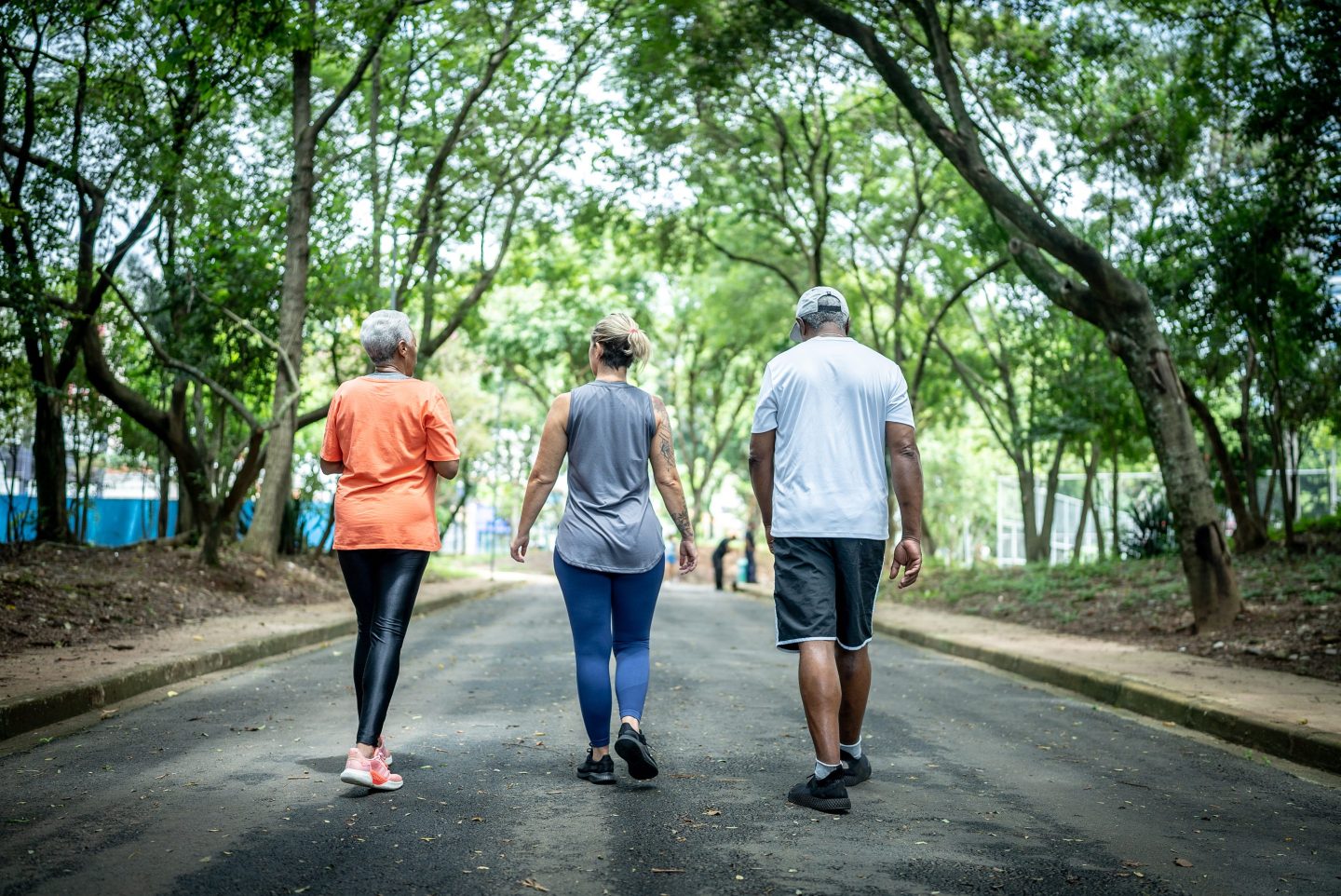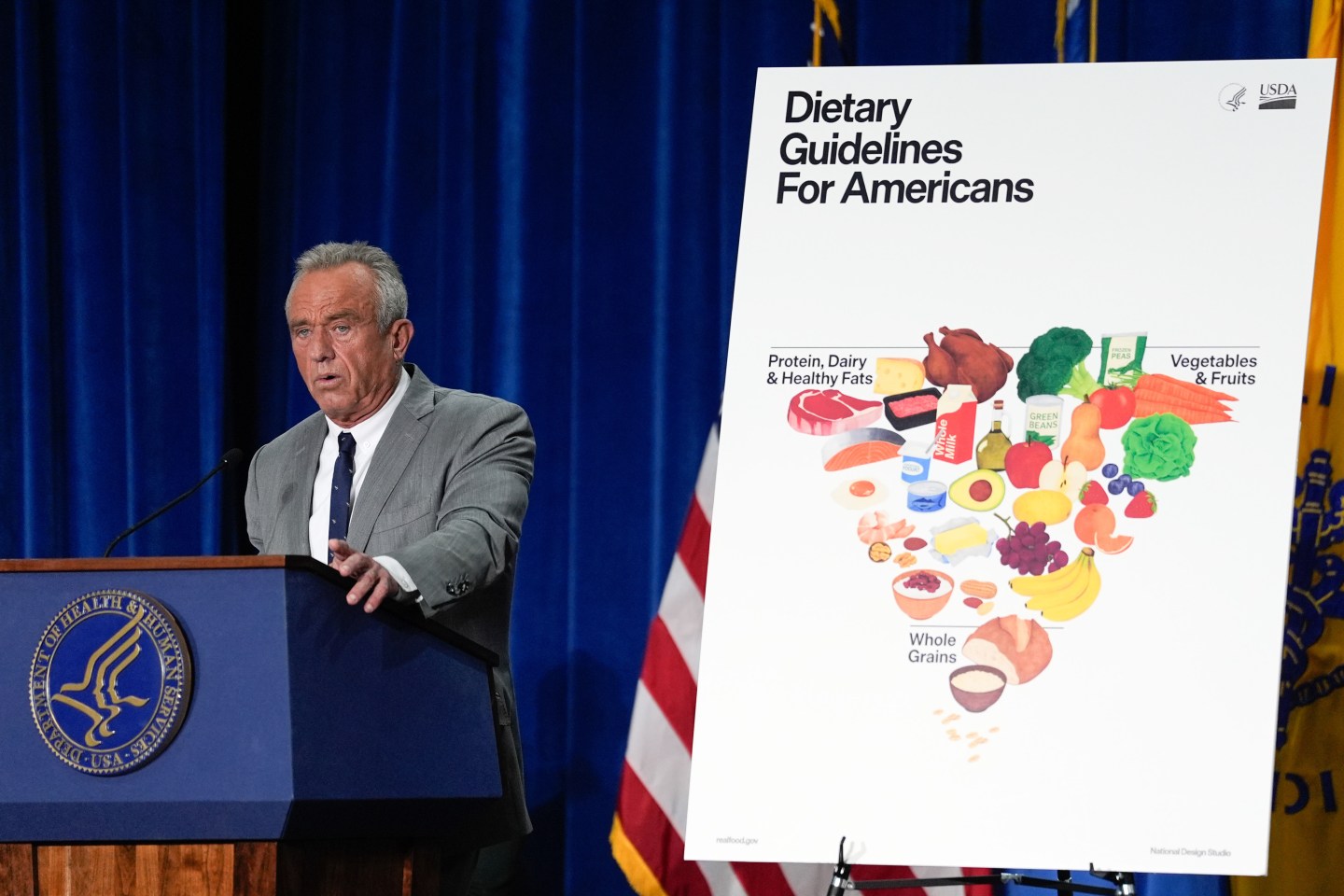A three-year exercise program improved survival in colon cancer patients and kept disease at bay, a first-of-its-kind international experiment showed.
With the benefits rivaling some drugs, experts said cancer centers and insurance plans should consider making exercise coaching a new standard of care for colon cancer survivors. Until then, patients can increase their physical activity after treatment, knowing they are doing their part to prevent cancer from coming back.
“It’s an extremely exciting study,” said Dr. Jeffrey Meyerhardt of Dana-Farber Cancer Institute, who wasn’t involved in the research. It’s the first randomized controlled trial to show a reduction in cancer recurrences and improved survival linked to exercise, Meyerhardt said.
Prior evidence was based on comparing active people with sedentary people, a type of study that can’t prove cause and effect. The new study — conducted in Canada, Australia, the United Kingdom, Israel and the United States — compared people who were randomly selected for an exercise program with those who instead received an educational booklet.
“This is about as high a quality of evidence as you can get,” said Dr. Julie Gralow, chief medical officer of the American Society of Clinical Oncology. “I love this study because it’s something I’ve been promoting but with less strong evidence for a long time.”
The findings were featured Sunday at ASCO’s annual meeting in Chicago and published by the New England Journal of Medicine. Academic research groups in Canada, Australia and the U.K. funded the work.
Researchers followed 889 patients with treatable colon cancer who had completed chemotherapy. Half were given information promoting fitness and nutrition. The others worked with a coach, meeting every two weeks for a year, then monthly for the next two years.
Coaches helped participants find ways to increase their physical activity. Many people, including Terri Swain-Collins, chose to walk for about 45 minutes several times a week.
“This is something I could do for myself to make me feel better,” said Swain-Collins, 62, of Kingston, Ontario. Regular contact with a friendly coach kept her motivated and accountable, she said. “I wouldn’t want to go there and say, ‘I didn’t do anything,’ so I was always doing stuff and making sure I got it done.”
After eight years, the people in the structured exercise program not only became more active than those in the control group but also had 28% fewer cancers and 37% fewer deaths from any cause. There were more muscle strains and other similar problems in the exercise group.
“When we saw the results, we were just astounded,” said study co-author Dr. Christopher Booth, a cancer doctor at Kingston Health Sciences Centre in Kingston, Ontario.
Exercise programs can be offered for several thousand dollars per patient, Booth said, “a remarkably affordable intervention that will make people feel better, have fewer cancer recurrences and help them live longer.”
Researchers collected blood from participants and will look for clues tying exercise to cancer prevention, whether through insulin processing or building up the immune system or something else.
Swain-Collins’ coaching program ended, but she is still exercising. She listens to music while she walks in the countryside near her home.
That kind of behavior change can be achieved when people believe in the benefits, when they find ways to make it fun and when there’s a social component, said paper co-author Kerry Courneya, who studies exercise and cancer at the University of Alberta. The new evidence will give cancer patients a reason to stay motivated.
“Now we can say definitively exercise causes improvements in survival,” Courneya said.












